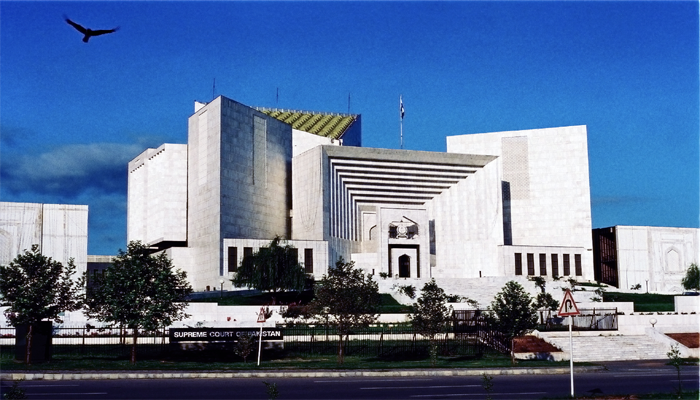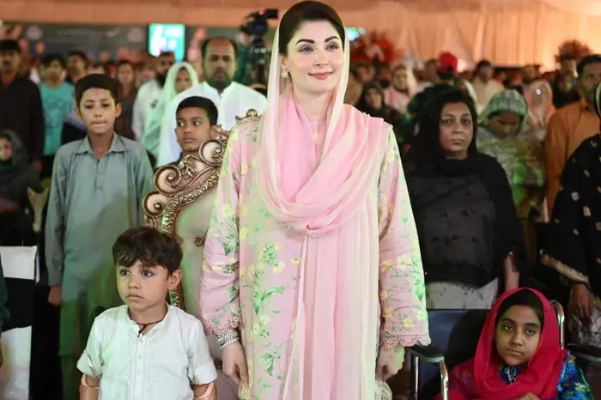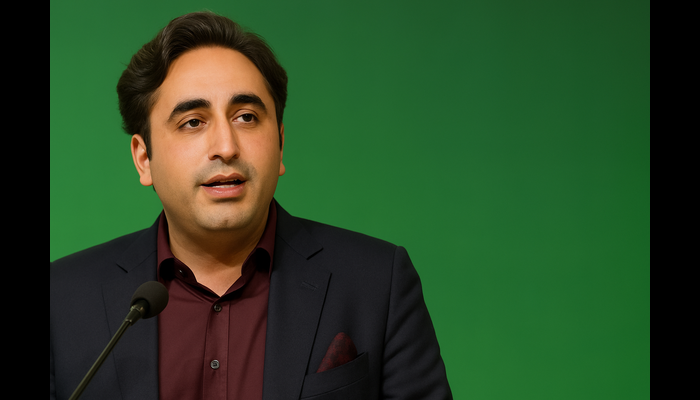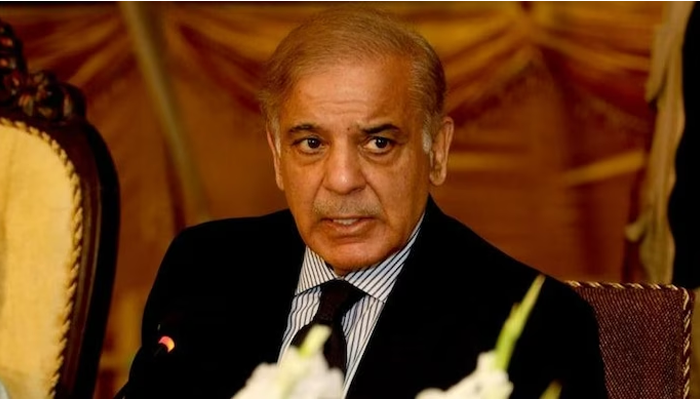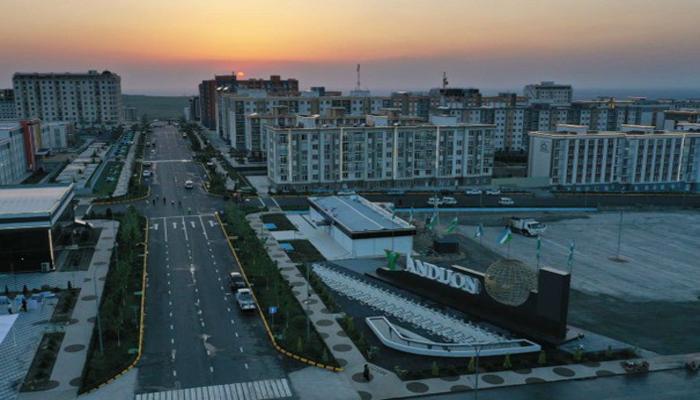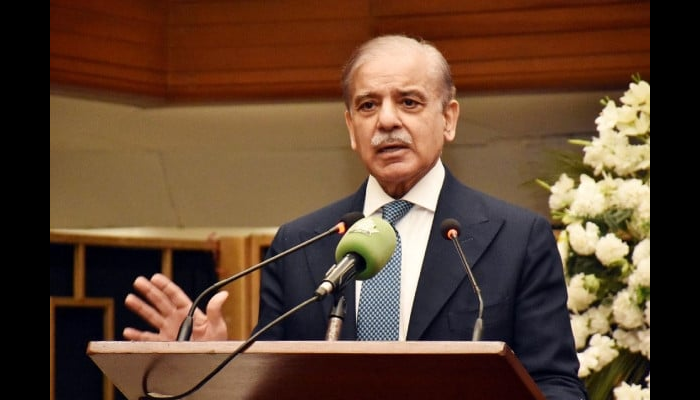During a session led by a seven-member Supreme Court bench on the lifetime disqualification case, Attorney General Mansoor Usman Awan refrained from supporting the extreme prohibition, citing the approaching general elections on February 8, where Nawaz Sharif seeks a fourth term as prime minister. Awan urged the court to reconsider the lifetime ban imposed under Article 62 (1) f of the Constitution.
Joined by four provincial advocate generals, Awan's stance aligns with the amendments in Section 232 of the Election Act 2017, which, during Shehbaz Sharif's government, reduced disqualification to a five-year period.
However, the Chief Justice questioned the assessment of one's character based on the terms "Sadiq" (truthful) and "Ameen" (honest), stating only Prophet Muhammad (PBUH) could bear these titles. He highlighted the impracticality of such standards, suggesting even Quaid-e-Azam could face disqualification.
Justice Mansoor Ali Shah echoed concerns about courts evaluating individual character.
Chief Justice Isa noted the confusion arising from these ambiguous terms, stating that achieving such character standards, as per Islamic principles, is unattainable, especially when these standards don't apply to non-parliamentarians.
He acknowledged the acceptance of the Election Act amendment due to lack of challenge but noted the AG's concern that this could imply the Supreme Court's override through legislation, aiming to preclude future loopholes and criticism.

